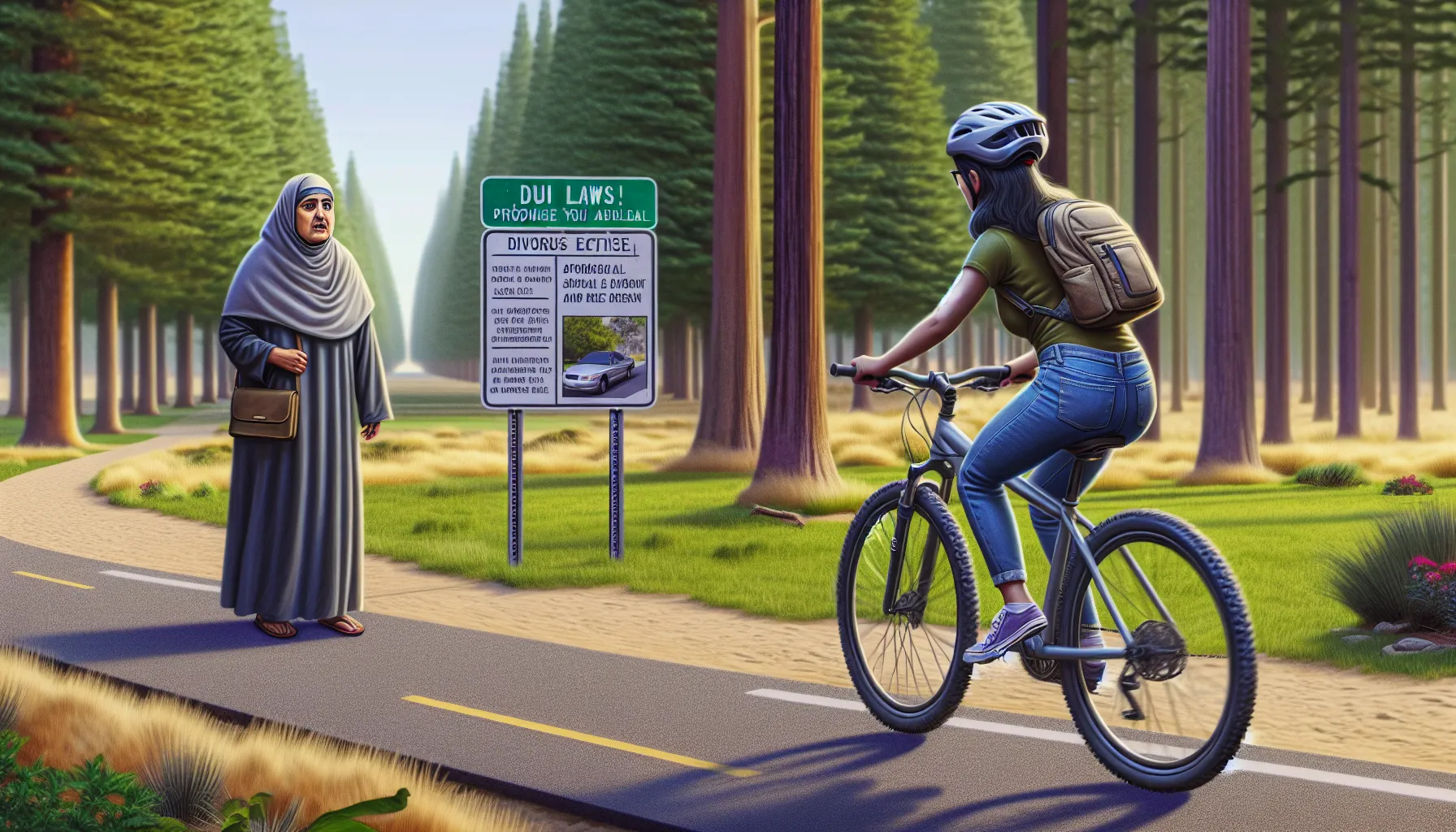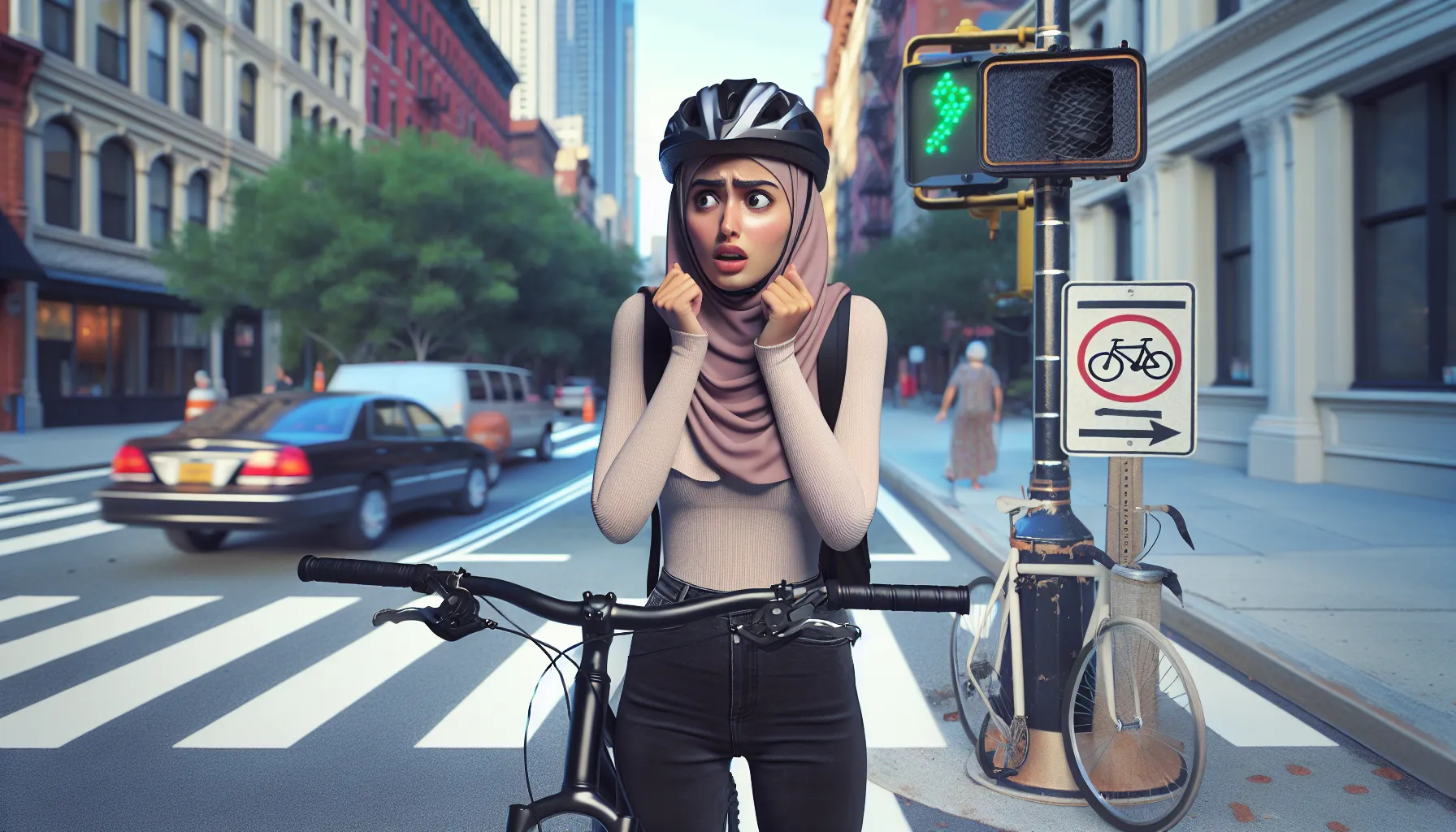Can You Get a DUI on a Bicycle? Understanding the Laws and Consequences
Key Takeaways
- Biking under the influence is subject to DUI laws in many states, but the specific regulations can vary widely by jurisdiction.
- In states like California and Colorado, DUIs explicitly apply to bicycles, whereas states like Florida handle intoxicated cycling under public intoxication laws.
- Legal consequences of a bicycle DUI may include fines, mandatory community service, or educational programs, with penalties designed to promote road safety.
- In some states, a bicycle DUI can lead to a criminal conviction but may not directly impact your driving record, depending on local statutes.
- Preventive measures, such as planning alternative transportation or cycling responsibly, can help riders avoid legal trouble and ensure safety.
- Understanding local traffic laws is critical for cyclists to make informed and legal decisions, especially when alcohol is involved.
I’ve always thought of biking as a fun and eco-friendly way to get around, but it got me wondering—what happens if you’ve had a few drinks and decide to hop on your bike? Most people associate DUIs with cars, but does the same rule apply to bicycles? It’s a question that’s more common than you’d think, especially for those who enjoy a casual ride after a night out.
The idea of getting a DUI on a bike might sound odd, but laws can vary depending on where you live. Some places take cycling under the influence as seriously as driving a car, while others treat it differently. It’s worth understanding the potential consequences before pedaling off after a drink. Let’s dive into what you need to know about biking, booze, and the law.
Understanding DUI Laws
DUI laws govern impaired driving, but their application to bicycles differs by jurisdiction. Knowing how these laws work is essential for safe, legal biking.
What Constitutes a DUI?
A DUI involves operating a vehicle while impaired by alcohol or drugs. Many states use a blood alcohol concentration (BAC) limit, often 0.08%, to determine impairment. However, impairment isn’t always tied to BAC; observable signs like erratic movements or slurred speech might also lead to charges.
How Vehicles Are Defined in DUI Laws
DUI laws often define “vehicle” broadly, sometimes including bicycles. For example, states like California and Colorado explicitly apply DUI rules to bicycles under their vehicle codes. Others, like Florida, categorize bicycles separately, and public intoxication laws may apply instead. Always check local statutes to understand specific requirements.
Can You Get A DUI On A Bicycle?

Biking under the influence could lead to a DUI, depending on where you live. Laws differ significantly by state, as do the definitions of vehicles under DUI statutes.
State-Specific Variations
Some states explicitly include bicycles in DUI statutes. In California, for example, cycling while intoxicated can result in fines and a criminal record. Colorado also treats bicycles as vehicles within DUI laws, making impaired cycling a criminal offense. On the other hand, states like Florida consider intoxicated cyclists under public intoxication rules rather than standard DUI laws. Checking local regulations ensures compliance while cycling after consuming alcohol.
Differences Between Bicycles And Motor Vehicles
The law often differentiates bicycles from motor vehicles in DUI cases. Motor vehicles, powered by engines, present higher risks of injury or damage when operated by impaired drivers. Bicycles, powered by human effort, usually result in less severe outcomes, leading some jurisdictions to apply less stringent penalties. However, the legal consequences for intoxicated cycling, like fines or community service, still aim to discourage unsafe behavior on public roads.
Legal Consequences Of A DUI On A Bicycle

Cycling under the influence can lead to serious legal consequences that differ depending on the jurisdiction. Even if you’re on a bicycle, there are penalties designed to ensure safety on public roads.
Fines And Penalties
Many states impose fines or other financial penalties for biking under the influence. In California, the fine for cycling under the influence can reach up to $250. Colorado law also allows for similar penalties, including court costs. In some areas, these fines may be paired with mandatory community service, court appearances, or substance abuse education programs. Fines and penalties aim to deter impaired cycling while encouraging responsible behavior.
Impact On Your Driving Record
Some jurisdictions link bicycle DUIs to driving records. In states like California, a DUI on a bicycle doesn’t add points to your driving record, but it may still result in a criminal conviction. However, in states where bikes are treated as vehicles, violations may appear on a driver’s license, potentially affecting insurance rates. Always check local traffic laws to avoid complications with your driving privileges.
Preventive Measures And Tips

Understanding safety measures can protect cyclists and others on the road. Being proactive reduces risks and ensures compliance with local laws.
Staying Safe While Cycling
Wearing a helmet is key to preventing head injuries in case of accidents. Reflective clothing or accessories increase visibility, especially in low-light conditions. Using proper lighting, like front and rear bike lights, ensures others can spot you on the road. Regularly maintaining the bicycle, such as checking brakes and tires, improves safety while riding. Following traffic laws, including signaling turns and stopping at intersections, promotes safer interactions with vehicles and pedestrians.
Avoiding Cycling Under The Influence
Choosing alternative transport, like rideshare services or public transportation, eliminates the risk of impaired riding. Planning ahead by designating a sober individual to accompany you facilitates safer travel. Drinking responsibly, such as setting limits or spacing alcoholic beverages, minimizes potential impairment. Staying hydrated and pacing yourself when consuming alcohol reduce its immediate effects. If uncertain about your sobriety, pausing for an hour or more before cycling provides time for alcohol to diminish in your system.
Conclusion
Riding a bike might seem like a harmless alternative after a few drinks, but it’s clear that the laws surrounding biking under the influence shouldn’t be overlooked. Staying informed about your local regulations and making responsible choices can save you from unnecessary legal trouble and ensure everyone’s safety on the road. When in doubt, it’s always better to find a safer way home. Taking those extra precautions can make all the difference.
Frequently Asked Questions
Can you get a DUI while riding a bicycle?
Yes, it is possible to get a DUI while riding a bicycle, depending on the laws in your state or country. Some jurisdictions consider bicycles as vehicles under DUI laws, while others classify intoxicated cycling differently, such as under public intoxication laws.
What is the blood alcohol concentration (BAC) limit for biking under the influence?
In most locations where DUI laws apply to cyclists, the legal BAC limit is 0.08%, the same as for motor vehicles. However, other signs of impairment, like erratic behavior, can also be considered.
Are DUI penalties for bicycles the same as cars?
No. Penalties for biking under the influence are typically less severe than for cars but can still include fines, community service, or mandatory education programs. The specifics depend on your jurisdiction.
Can a DUI on a bicycle affect your driving record?
In some states, bicycle DUIs do not add points to your driving record but may still result in a criminal conviction. This can indirectly impact your insurance rates or background checks.
Which states include bicycles under DUI laws?
States like California and Colorado explicitly include bicycles under DUI laws. Others, like Florida, treat cycling under the influence differently, often under public intoxication statutes.
What are the penalties for cycling under the influence?
Penalties vary. For example, in California, fines can reach up to $250, while in Colorado, similar fines or additional consequences like community service may apply.
How can cyclists avoid legal trouble when drinking?
To stay safe and compliant, use alternative transportation, designate a sober companion, or arrange for a safe ride home. Always plan ahead if you intend to drink.
Do cycling under the influence laws differ internationally?
Yes. Laws and penalties vary between countries. For example, in some European countries, cycling under the influence may result in penalties similar to those for driving while impaired.
Does wearing a helmet affect DUI penalties?
While helmets increase safety, they do not impact DUI penalties. However, consistently following bicycle safety practices, like wearing a helmet, can prevent injuries while cycling.
Are reflective clothing and lights required when biking at night?
In many locations, using reflective clothing and proper bike lighting is legally required for night cycling. It enhances visibility and can prevent accidents or legal issues.